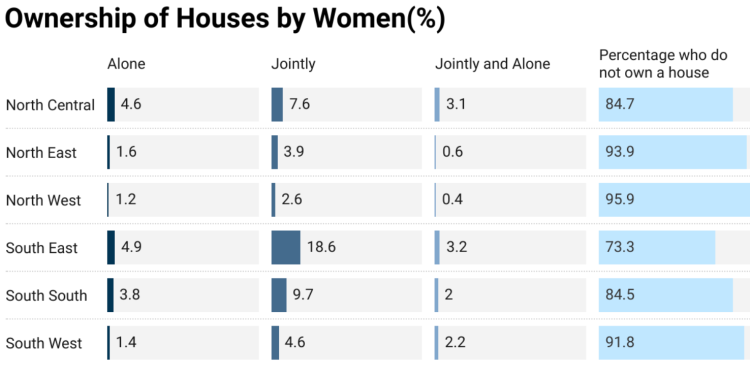
#ChartoftheDay: Percentage of Ownership of Houses by Women in Nigeria
North West has the highest percentage of women that do not own a house according to the Nigeria Demographic and Health Survey (NDHS) of 2018.
Tag

North West has the highest percentage of women that do not own a house according to the Nigeria Demographic and Health Survey (NDHS) of 2018.
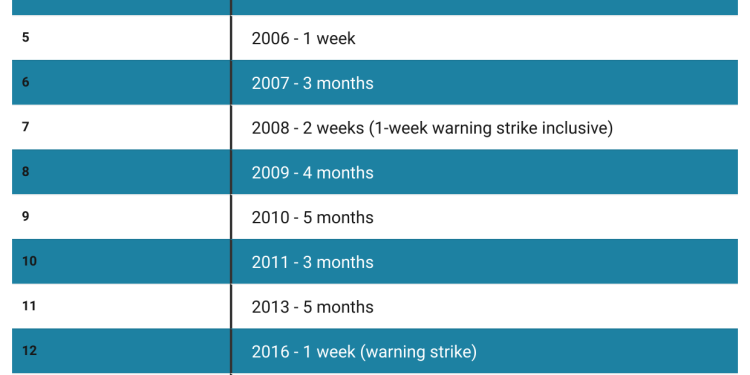
It has become a norm for Nigerian students to expect to spend more than their course duration in tertiary institutions due to ASUU strikes. According to a report by Punch, the Academic Staff Union Of Universities (ASUU) has spent over 4 years on strike since 1999.

Valentine’s Day, celebrated every 14th of February, is a day dedicated to celebrating love and friendship with family, friends but especially between lovers.

One thousand, four hundred and eight-six (1486) Nigerians were victims of the insecurity situation in the country in January 2022. Of this figure, killings accounted for 62% as 915 people lost their lives while the remaining 571 (38%) were victims of kidnapping

A total of 212,480 child rights complaints were received in the year 2020, a marked increase in the number of cases from the 119,281 figure recorded in 2019.

For many, especially in Nigeria, a cancer diagnosis is perceived as a death sentence and the financial burden of accessing care as well as the lack of facilities are faster killers than the cancer cells.
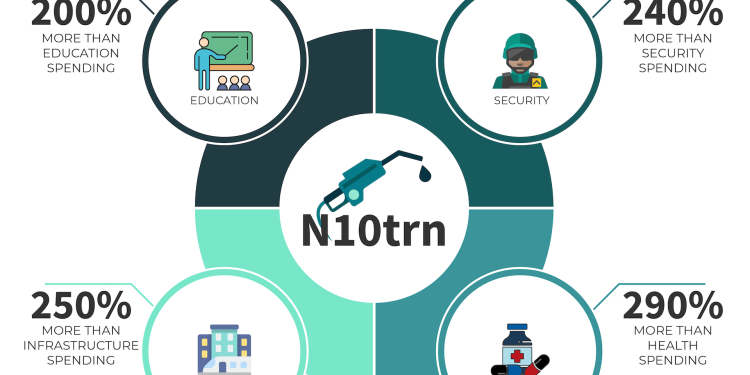
Nigeria has spent over 10.3 trillion naira on fuel subsidy between 2006 to 2019. Fuel subsidy is aimed at lessening the burden of the cost of fuel on Nigerians.
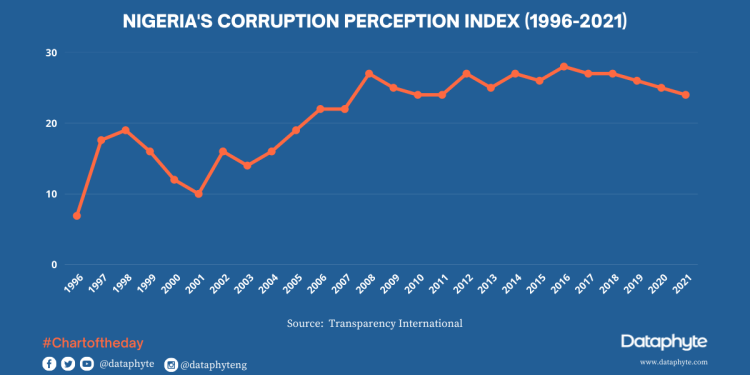
Nigeria’s score in the just released 2021 CPI is the lowest it has had in 7 years but it is not the lowest it has ever scored in the 26 year history of the index.
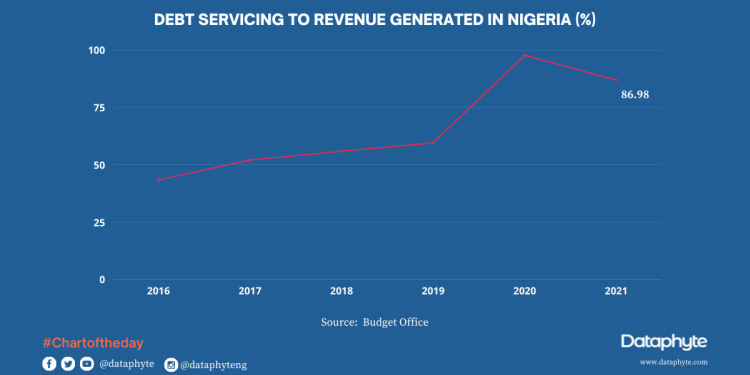
Debt servicing burden means that few funds are left to meet other liabilities of the FG, which resulted in more borrowing to finance expenditure as up to 38% of the 2022 budget is financed by loans.
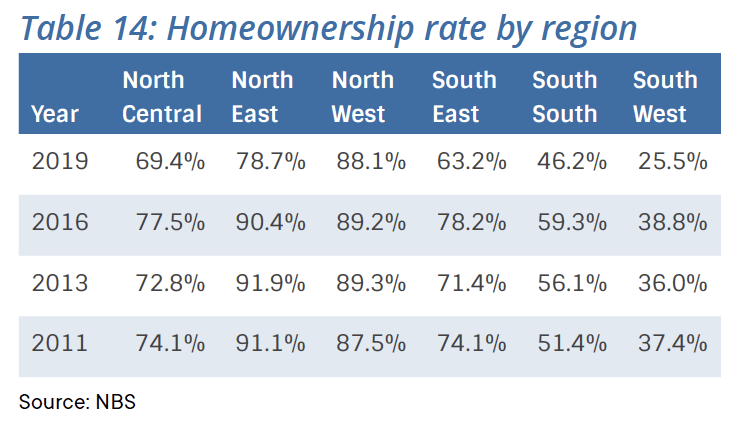
Dataphyte’s Advisory Note ‘Nigerian Post-oil Economy: Going the Housing Consumer Credit Path’, sheds much-needed light on Nigeria’s housing deficit and the potentials it holds. It has been revealed in the report that about 26 million households in Nigeria do not own their homes.